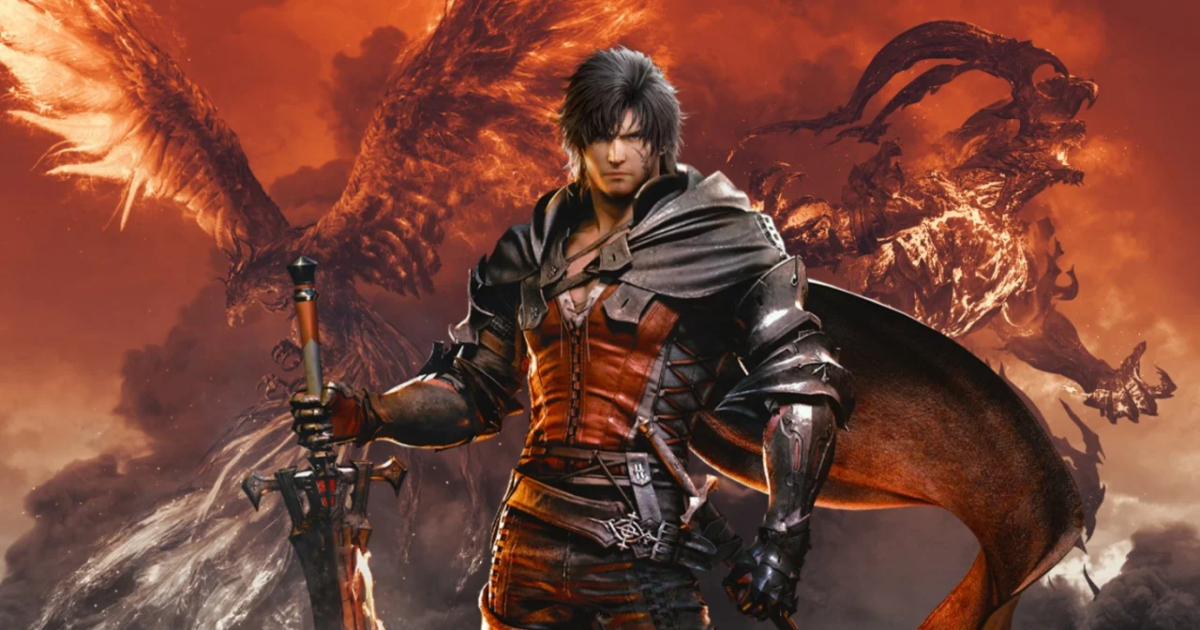Square Enix’s Sales Slump: A Surprising Turn of Events
In a surprising turn of events, Square Enix has revealed that the sales of their highly anticipated titles, Final Fantasy 7 Rebirth and Final Fantasy 16, have fallen short of their internal projections. Despite receiving positive reviews and strong audience reception, both games failed to meet the publisher’s sales expectations.

The Financial Impact
The announcement was made in Square Enix’s financial statement, where the company acknowledged that revenue from its HD games segment, which includes Final Fantasy 7 Rebirth and Final Fantasy 16, did not meet expectations. This revelation is particularly surprising given the anticipation and excitement surrounding these titles.
Foamstars and Final Fantasy 7 Rebirth: Initial Sales Disappoint
Specifically, Square Enix mentioned that initial sales for Foamstars and Final Fantasy 7 Rebirth, which were released in the fourth quarter of the last fiscal year, were not as strong as anticipated. This suggests that factors beyond critical acclaim and audience impressions may have influenced the sales performance of these games.
A Shift to a Multi-Platform Strategy
In response to the disappointing sales results, Square Enix has announced plans to diversify its revenue opportunities by strengthening its consumer touchpoints. One of the key strategies outlined is a move towards a multi-platform approach. This means that the company will aim to create a global environment that allows more consumers to enjoy its core franchises and AAA titles, including its catalog of games.
Potential Reasons for Lower Sales
While the exact reasons for the lower-than-expected sales of Final Fantasy 7 Rebirth and Final Fantasy 16 remain unclear, several factors could have contributed:
- Economic Conditions: Global economic factors, such as inflation and recessionary pressures, may have influenced consumer spending habits and reduced demand for gaming products.
- Competition: The gaming industry is highly competitive, with numerous high-profile releases from other publishers. This competition could have diluted the market for Square Enix’s games.
- Pricing: The pricing strategies adopted for Final Fantasy 7 Rebirth and Final Fantasy 16 may have been perceived as too high by some consumers, limiting sales.
- Changing Consumer Preferences: Gaming preferences and trends may have shifted in recent years, impacting the demand for traditional RPGs like Final Fantasy.
Looking Ahead
Despite the current challenges, Square Enix remains committed to its core franchises and AAA titles. The company’s shift to a multi-platform strategy is a strategic move aimed at reaching a wider audience and diversifying its revenue streams. It remains to be seen whether this approach will be successful in turning things around for Square Enix in the coming years.




